Receiving a conviction for a misdemeanor, or even just being arrested on suspicion of criminal charges, can negatively impact all facets of your private life. Employers generally do not want anyone with a conviction working for them; landlords and rental companies will deny applicants if they have a criminal history; and even universities can turn down potential students if they feel they pose a "criminal threat" to others or the institution.
Even when you've already "paid your debt" to society, you continue paying for your crimes in lost opportunities. If you have been convicted of a crime, you already know how troubling and frustrating it can be.
But imagine if your criminal record didn't come up on a background check. Imagine if the arrest or conviction on your record was not only unavailable to the general public, but illegal to open without a warrant. Imagine if, when an employer asks if you've been convicted of a crime, you could legally answer with "No."
Imagine if, legally speaking, your crime never actually occurred.
That's the power of an expungement. Known in California as a dismissal, this legal procedure seals away your criminal record, making it unavailable to non-government institutions. That includes your prospective employers, mortgage lenders, creditors, and future landlords.
California is comparatively forgiving when it comes to helping convicted individuals move on with their lives. The expungement process allows qualifying people to erase convictions or arrests from their criminal record. In some situations, expungement can even work for felony convictions, something most other states do not allow.
In order to qualify for expungement, you will need to fulfill all sentencing requirements first. This means finishing your jail time or being released on probation, paying all required fines, and so on. From there, you need to file an expungement petition.
A successful expungement petition will do one or more of the following:
In some situations, you may need wait for an unofficial probation period, usually one year, to end before you can file for expungement. If you were arrested but never convicted, there is often no waiting period at all.
If you were convicted of a juvenile crime, the expungement process is slightly different. You will have to wait until you are 18 to file an expungement petition. If successful, your juvenile record will be sealed and physically and digitally destroyed five years later.
If you were arrested but never charged or had your charges later dismissed, you still have a criminal record. Thankfully, there's another process for getting rid of an arrest record. You can file a Declaration of Factual Innocence, which allows you to legally deny ever being arrested. While your records will exist for 3 years following approval of the Declaration, the records are obliterated afterward.
After an expungement or dismissal, your background check would come back clear, except when:
If you feel confident about your grasp of the expungement process, you can legally file for an expungement yourself. There are plenty of resources and step-by-step guides on the Internet—some written by lawyers, others written by former felons helping other felons. However, it's important to know that if your expungement is denied, filing an appeal comes with significant costs. And the filing process the first time is already complex, time-consuming, and potentially expensive. Add to that the odds of making a mistake during the filing process, and you end up with low odds of success.
Expungement is a beneficial process but only if you approach it in the right way. If you want to ensure you make no mistakes with your expungement petition and are heading towards a comfortable, nonjudgmental future, contact the Law Office of Frances Prizzia. Our Orange County criminal defense attorney proudly serves all of Southern California.

Client Centered Approach

Reputation by Excellence

Experience

Innovative & Determined

You're Not Just Another Client

AVAILABLE FOR YOU NOW
"*" indicates required fields